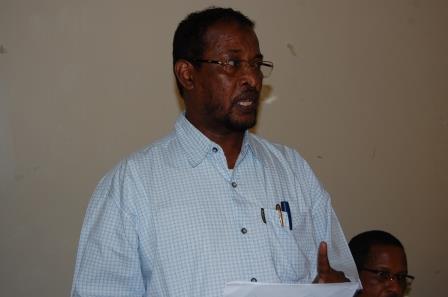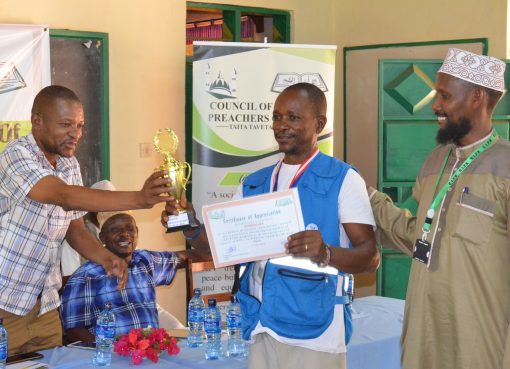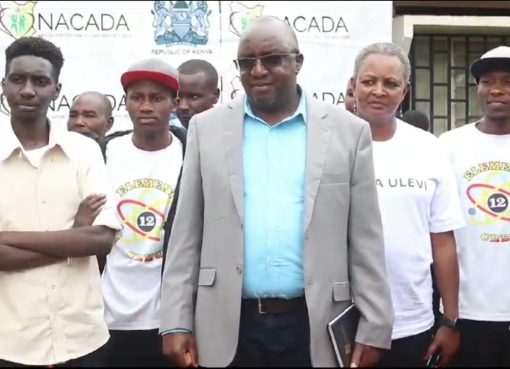Dadaab MP Mohamed Dahiye now wants the ongoing vetting exercise to de-register Kenyans whose finger prints are in the UNHCR data base extended.
Dahiye said the number of victims who have been vetted since the exercise was launched 20 days ago is about 5,000 against an estimated figure of 40,000.
The vetting exercise was officially launced at Garissa primary school playground on 7th November by interior CAS Patrick Ole Ntutu. The vetting started officially on 11th November and come to an end on 11th December.
“We are more than half way the exercise and a paltry 5,000 people have been vetted. We are expecting the remaining 35,000 people to be vetted between today (30th November) and 11th December,” Dahiye said.
“I am told each committee vets an average of 20 people in a given day. At this pace we cannot cover the remaining numbers,” he told KNA on phone today.
I worked tirelessly for 5 years engaging the relevant government departments to initiate the process. It will be a big waste for me if some of the Kenyans will be left out. I am urging interior CS Fred Matiang’i to think of extending the exercise,” he said.
On Wednesday, a section of MCAs led by Galbet MCA Abdirizak Ismail met with area County commissioner Meru Mwangi about the entire exercise which they termed ‘too slow’.
The MCAs who later spoke to the press wondered why UNHCR who are the custodian of the data base containing the finger prints were not called in to hasten the process of identification.
Ismail said that the requirement that one should produce an alien ID card or any document as proof that he or she registered as a refugee and food ration cards could have been solved in a click of a button on the UNHCR database.
Some of the victims who spoke to KNA said their expectations were that the exercise would be smooth and fastbut to the contrary it had turned out to be frustrating.
They alleged that some chiefs were using brokers to demand for bribes so that they can jump the queue.
But one chief who requested anonymity said that some people were taking advantage of the large number turning up for the exercise to con unsuspecting victims. This is a very strict exercise and no chief can dare take bribes,” he added.
Many of the victims were attracted by the ‘good life’ in the





